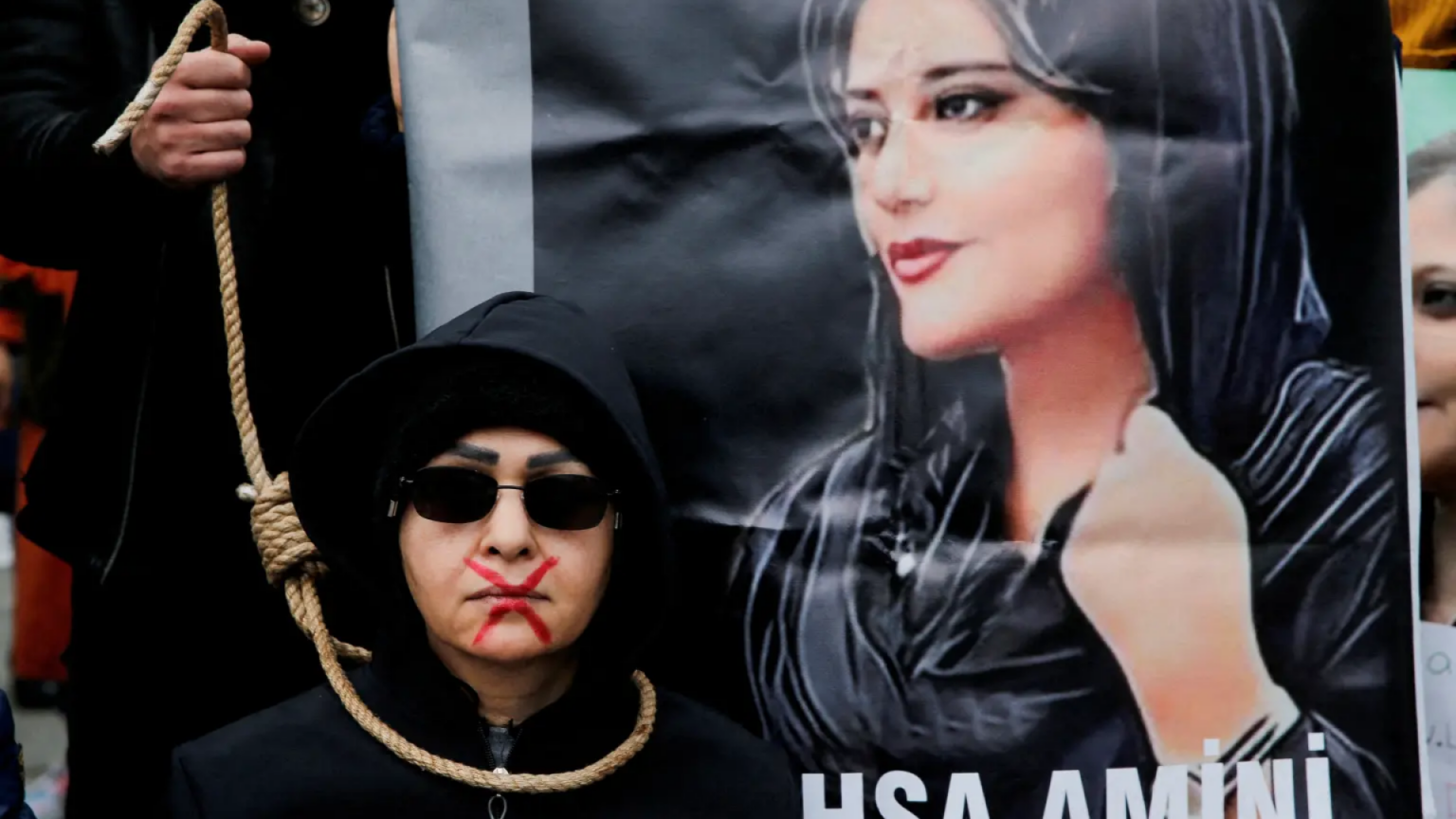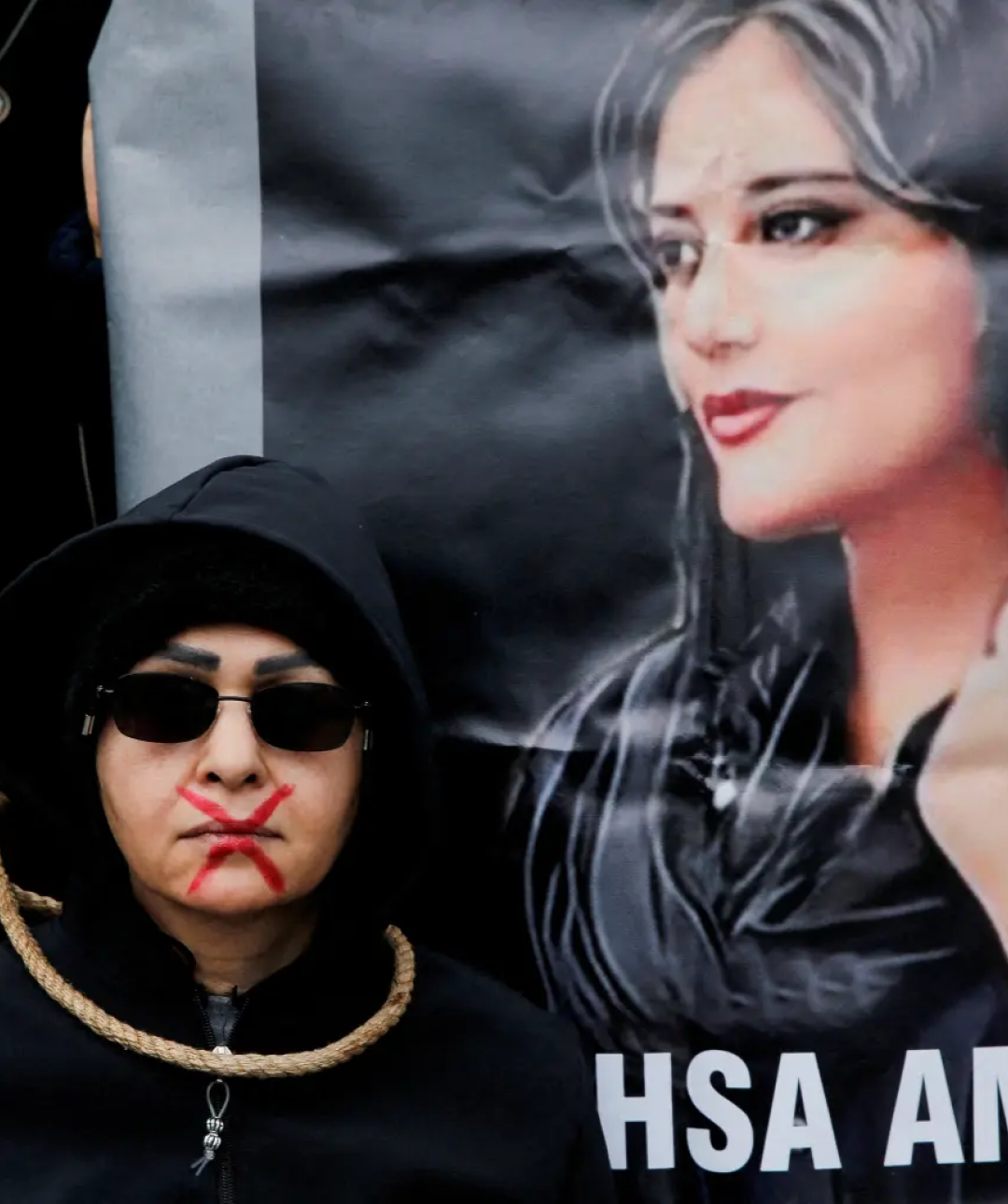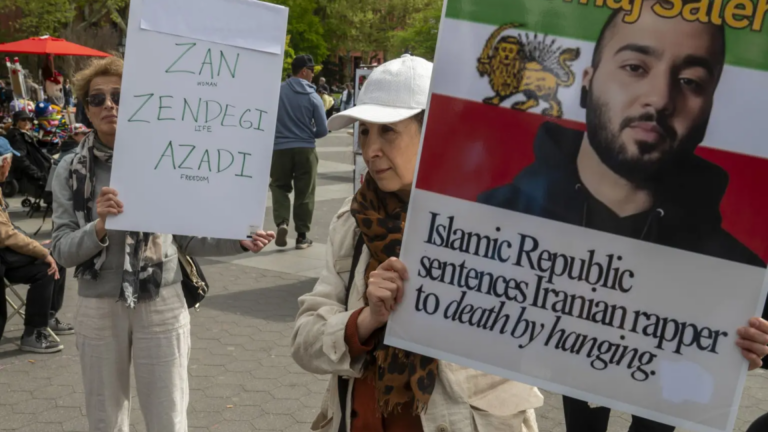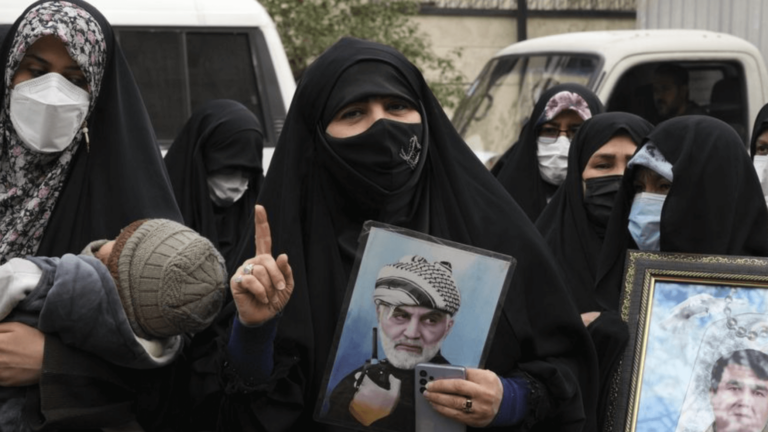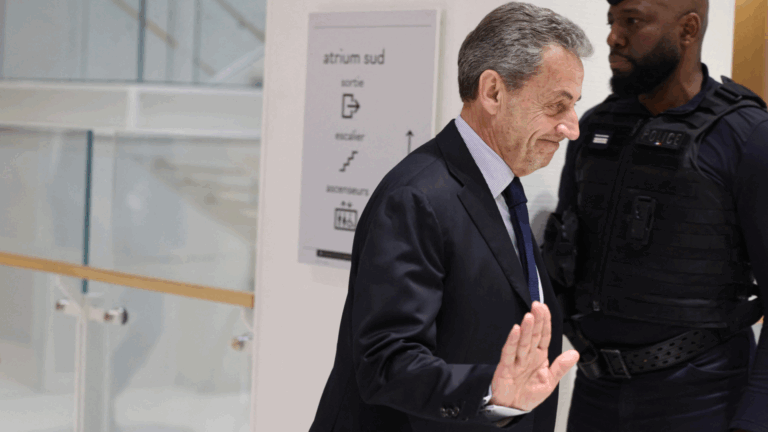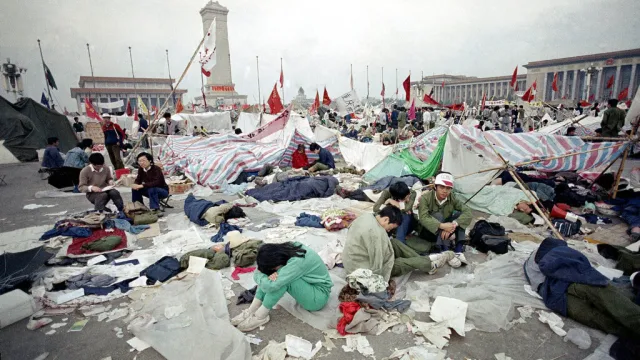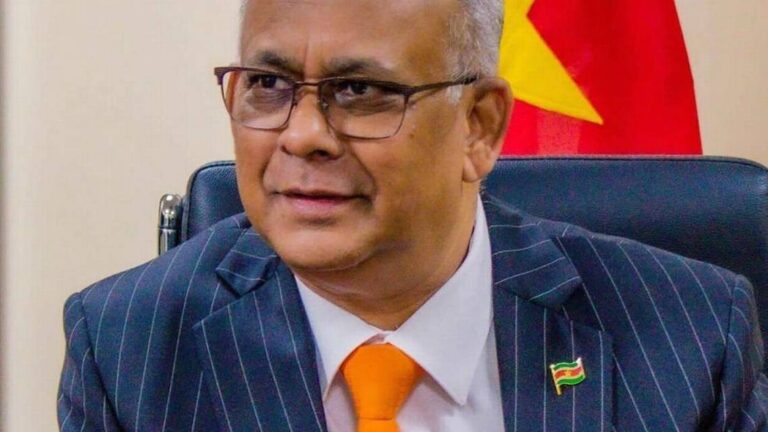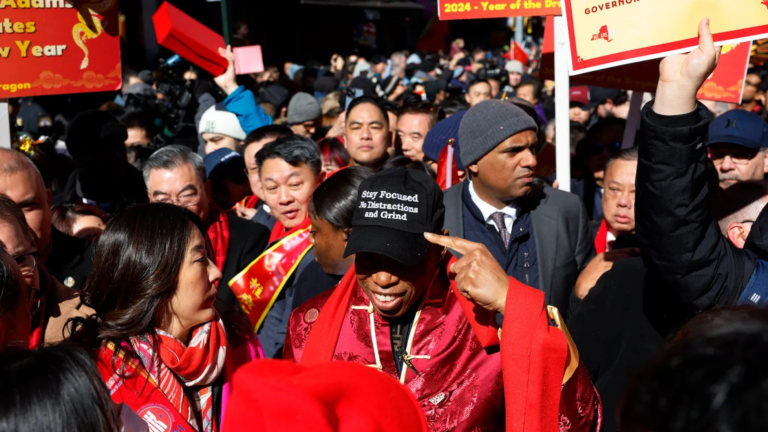By Claudia Bennett
The first anniversary of Mahsa Amini’s murder on Sept. 16, 2022, couldn’t come at a better time: It coincides with the commencement of the UN General Assembly’s 78th session— the perfect time to hold Iran’s feet to the fire.
One year ago, Iran’s morality police arrested 22-year-old Mahsa simply because a few strands of her hair were flowing free of her hijab.
Three days later, she was dead.
Her death sparked a women-led revolution, despite the high levels of state repression in the country.
A full year of mass protests against the mandatory hijab law and unequal treatment of women.
A year of merciless executions, sham trials and widespread arbitrary arrests and detentions.
And most important, a year of the Iranian people bravely determined to oust Supreme Leader Ali Khamenei.
The eerie timing of the anniversary of Amini’s murder as UNGA gathers to discuss human rights and global issues serves as an important reminder of what we in the human-rights world see every day: The United Nations isn’t doing its job.
Then again, it’s hard to do one’s job — to discuss, debate and make recommendations on subjects pertaining to international peace and security — when you hand the very people committing the horrors a seat at the table.
The UNGA is now largely a space for dictatorships and human-rights violators to discuss and voice their opinions on how best to protect them.
Those in attendance include Vladimir Putin, who’s waging war crimes in Ukraine; the Chinese Communist Party, which is engaged in genocide against the Uyghur people; the Cuban regime, which continuously cracks down on any slight dissent; and many other serial human-rights violators.
These dictators sit smugly alongside democratic leaders at the place where human-rights treaties were born.
It’s a tragic joke, really. And no one’s more pleased than the Islamic Republic.
Claudia Bennett is a legal and program officer at the Human Rights Foundation.


